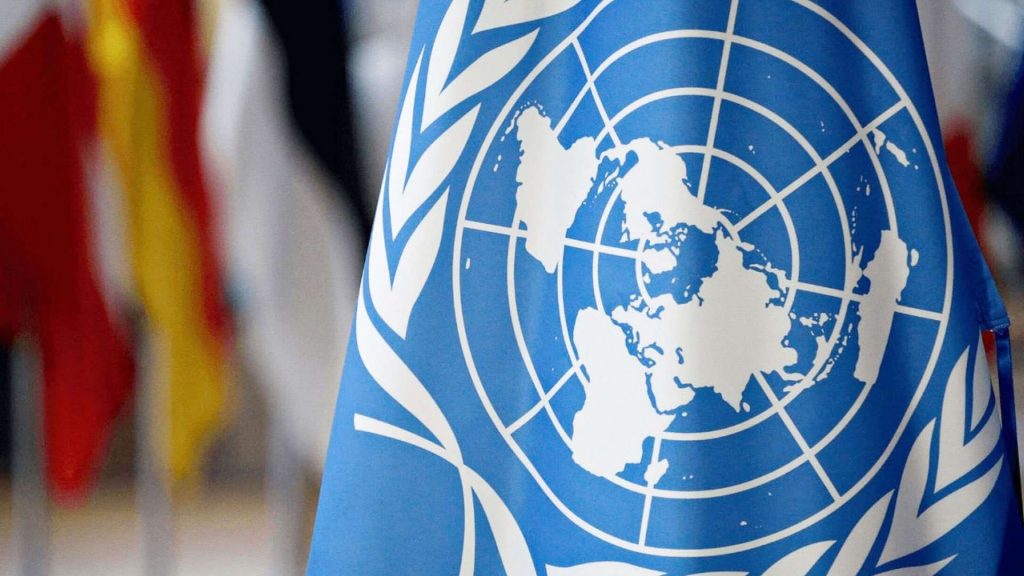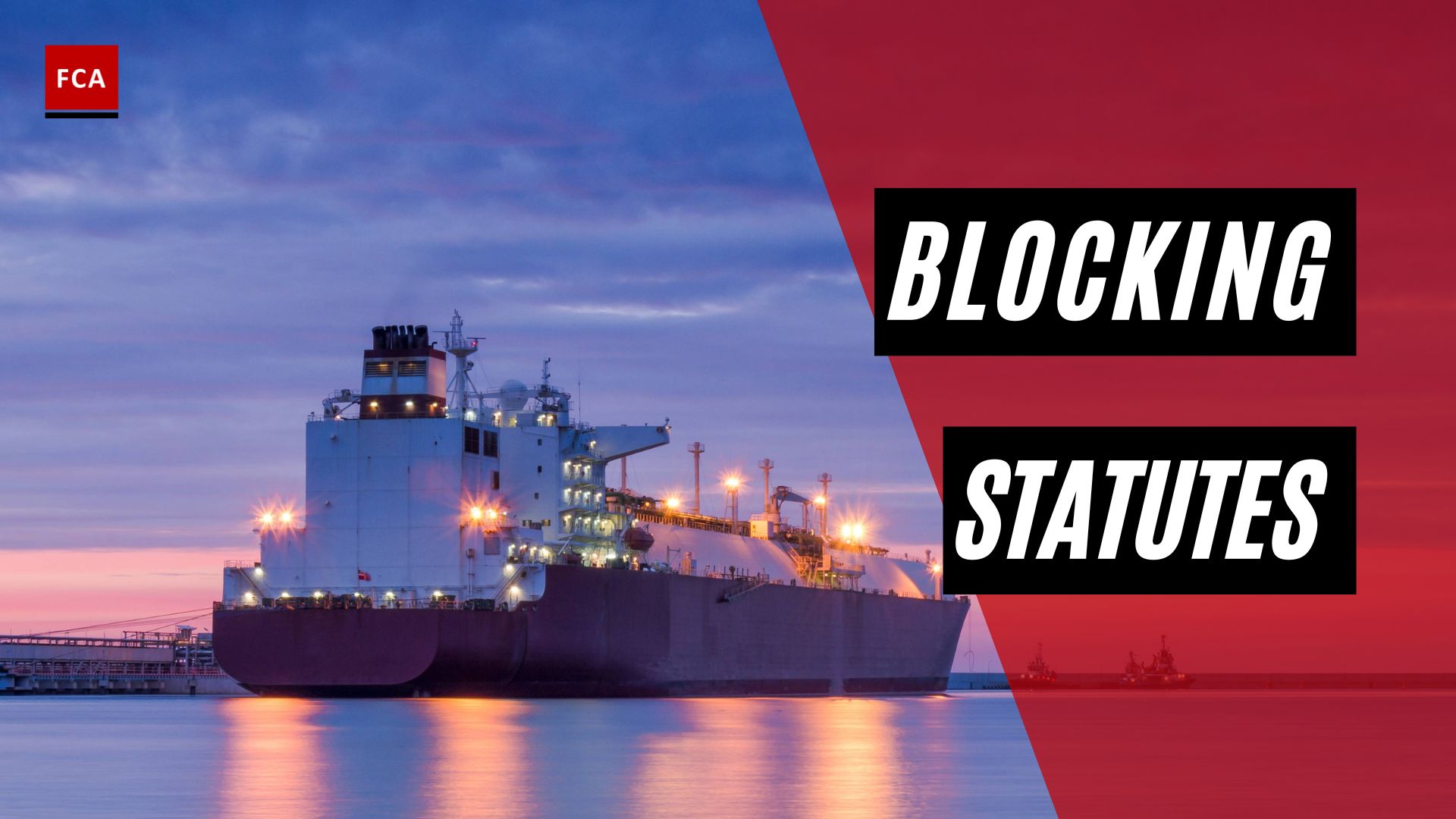The general United Nations sanctions regulations. We will cover some basics about the UN, when, and how they impose international economic sanctions. Please keep in mind that UN sanctions regulation is highly complex and, to cover it all, it would possibly require an entire course on it. The purpose of this is to give you a very basic overview of UN sanctions regulation.

United Nations Sanctions Regulations
The UN uses sanctions as a measure to achieve international peace and security. The UN has the right to do so based on Article 41 of Chapter VII of its founding charter. The UN first imposed sanctions in 1963 and 1965 against the apartheid regimes of South Africa and Southern Rhodesia, respectively. But at the end of the Cold War, the UN witnessed a surge in sanctions regimes, the objectives of which covered conflict resolution, nonproliferation, counterterrorism, democratization, and the protection of civilians.
The responsible organ within the United Nations is the Security Council, which is one of the six principal organs of the UN. They are charged with ensuring international peace and security, recommending the admission of new UN members to the General Assembly, and approving any changes to the UN Charter. Its powers include establishing peacekeeping operations, enacting international sanctions, and authorizing military action. The Security Council is also the only UN body with authority to issue binding resolutions on member states.
The Security Council
The Security Council itself consists of fifteen members, of which the following five are permanent: China, France, Russia, the United Kingdom, and the United States of America. Each member country has one vote, and to enact sanctions resolutions, at least nine members, including all permanent members, must vote in the affirmative, without objection from any of the five permanent members. And now this is really important, so let us repeat it: Permanent members can veto any substantive resolution, including enacting international sanctions. This is the reason why there practically can’t be UN sanctions against any of the five permanent members.
Now, the Security Council has set some key criteria for targeting individuals and entities. Among those criteria are threats to peace, security, or stability; violations of human rights and international humanitarian law; obstructing humanitarian aid, and recruiting or using children in armed conflicts.
The UN prefers targeted sanctions (sanctions against a specific person) over comprehensive sanctions against a country or region because the latter has a greater impact on developing economies. Civilians, particularly women and children, in those areas are already vulnerable due to being economically disadvantaged.
After the UN Security Council adopts a resolution, it is legally binding under Articles 25 and 48 of the UN Charter. Article 25 states that the Member States are obligated to “accept and carry out the decisions of the Security Council in accordance with the present Charter.”
Resolution
After passing a resolution, the UN establishes a sanctions committee to monitor the implementation and effectiveness of the sanctions regime. If the resolution proves to be insufficient in achieving its aims, the UN Security Council, under Article 42 of the UN Charter, “may take such action by air, sea, or land forces as may be necessary to maintain or restore international peace and security,” including blockades. Article 48 of the Charter constitutes an affirmation of Member States’ obligation under Article 25 of the Charter to accept binding decisions by the Council.
While the UN passes sanctions, Member States are expected to implement and enforce these sanctions. Member States pass their own laws and enforcement regulations as well as create their own enforcement bodies, such as bank regulators and government agencies. Through monitoring and reporting, these regulators ensure that private institutions, such as financial institutions and businesses, act within the sanctions regulations.
What Is United Nations?
The United Nations (UN) is an international organization that was founded on October 24, 1945. The United Nations (UN) was the second multipurpose international organization founded in the twentieth century, with a global scope and membership. The League of Nations was established by the Treaty of Versailles in 1919 and disbanded in 1946. The United Nations, which is headquartered in New York City, also has regional offices in Geneva, Vienna, and Nairobi. Arabic, Chinese, English, French, Russian, and Spanish are its official languages.
What Are Sanctions?
Economic sanctions are commercial and financial penalties imposed by one or more countries on a self-governing state, group, or individual. Economic sanctions are not always imposed for economic reasons; they can also be imposed for a variety of political, military, and social reasons.
How Do UN Sanctions Regulations Affect Businesses?
Governments around the world are combating financial crime with new sanctions, including lists of states, entities, or individuals suspected of engaging in illegal activities.
International sanctions are generally defined as special restrictions on cultural, economic, trading, and diplomatic relations with a specific country-designated individual or organization.
Businesses must determine whether or not their client is subject to any sanctions in order to impose the necessary restrictions. Businesses face legal consequences such as criminal and civil penalties if they do not take sufficient steps to comply with AML regulations.
Sanctions are imposed by the United Nations for a reason. The subject could be a terrorist, criminal, or trader who could harm your company.
What Are UN Sanctions and UN Sanctions Types?
In response to a threat to international peace and security, international authorities and the government enforce United Nations sanctions. The United Nations is the most important organization for maintaining international peacekeeping. Individuals, organizations, and countries are sanctioned by the United Nations to prevent terrorism, the proliferation of weapons, violations of international treaties, money laundering, drug trafficking, and the destabilization of sovereign nations.
What Kind of Sanctions United Nations Impose?
- Diplomatic: The termination of diplomatic ties, such as country councils or embassies.
- Economic: Trade restrictions on specific economic sectors such as agriculture, arms, and medicine.
- Sport: The exclusion of a specific country from international competitions.
- Environmental: Preserving the environment and safeguarding natural resources.
Final Thoughts
The primary responsibility for maintaining international peace and security rests with the Security Council. It has 15 members, each of whom has one vote. Under the United Nations Charter, all Member States are required to comply with Council decisions.
The Security Council is in charge of determining whether a threat to peace or an act of aggression exists. It encourages the parties to a dispute to settle it peacefully and suggests methods of adjustment or terms of settlement. To maintain or restore international peace and security, the Security Council may impose sanctions or even authorize the use of force in some cases.








